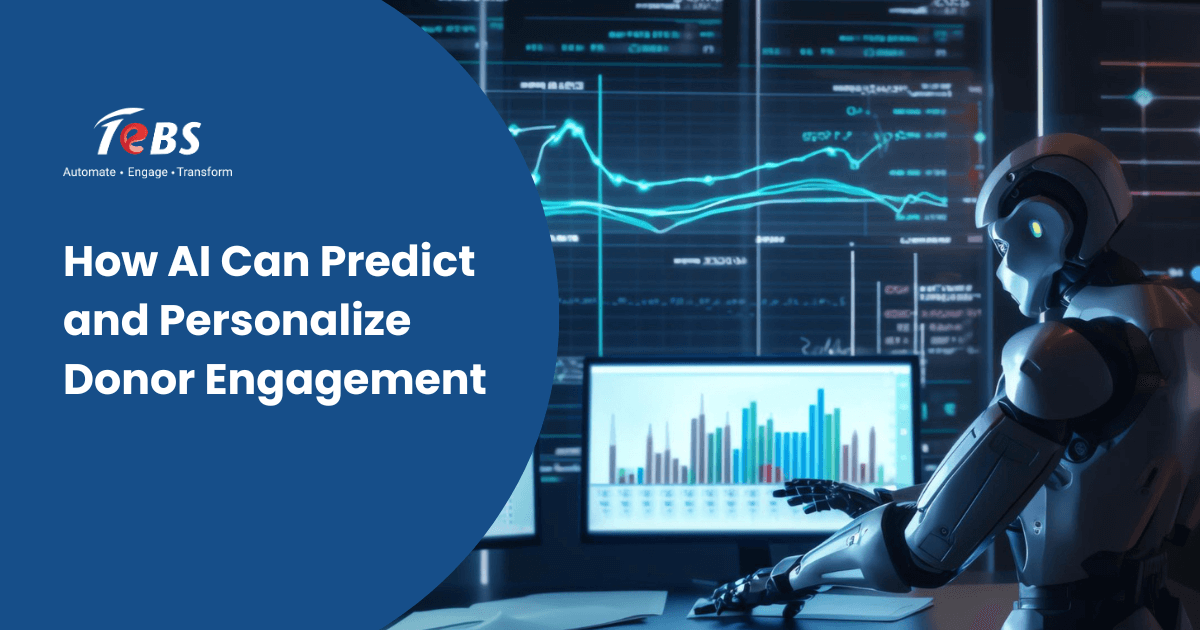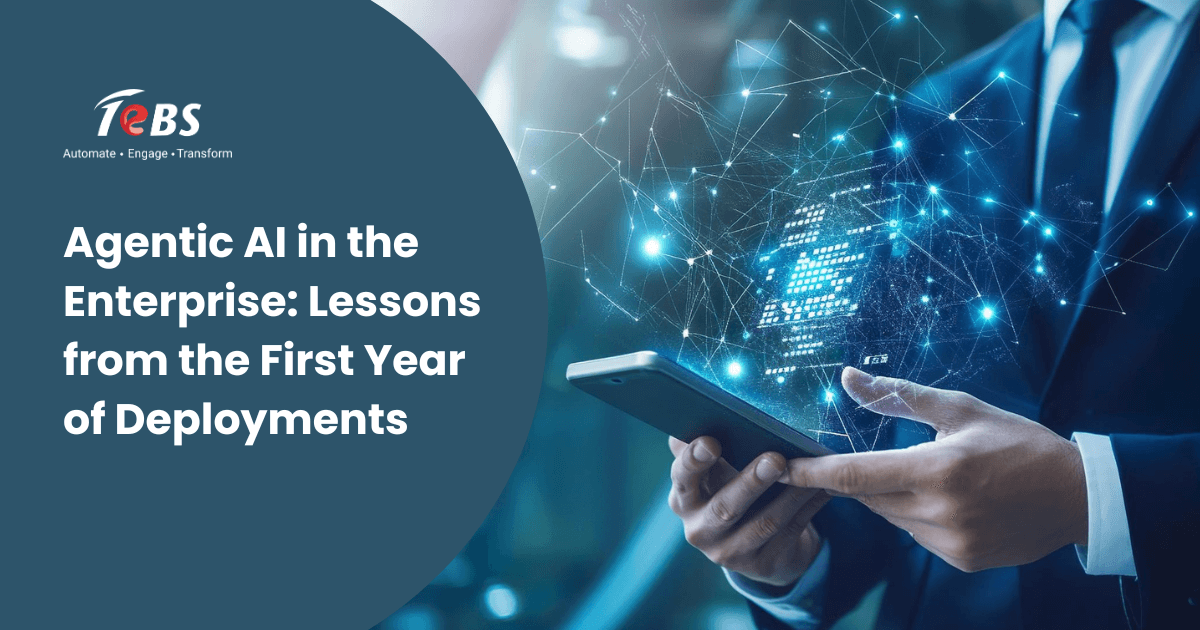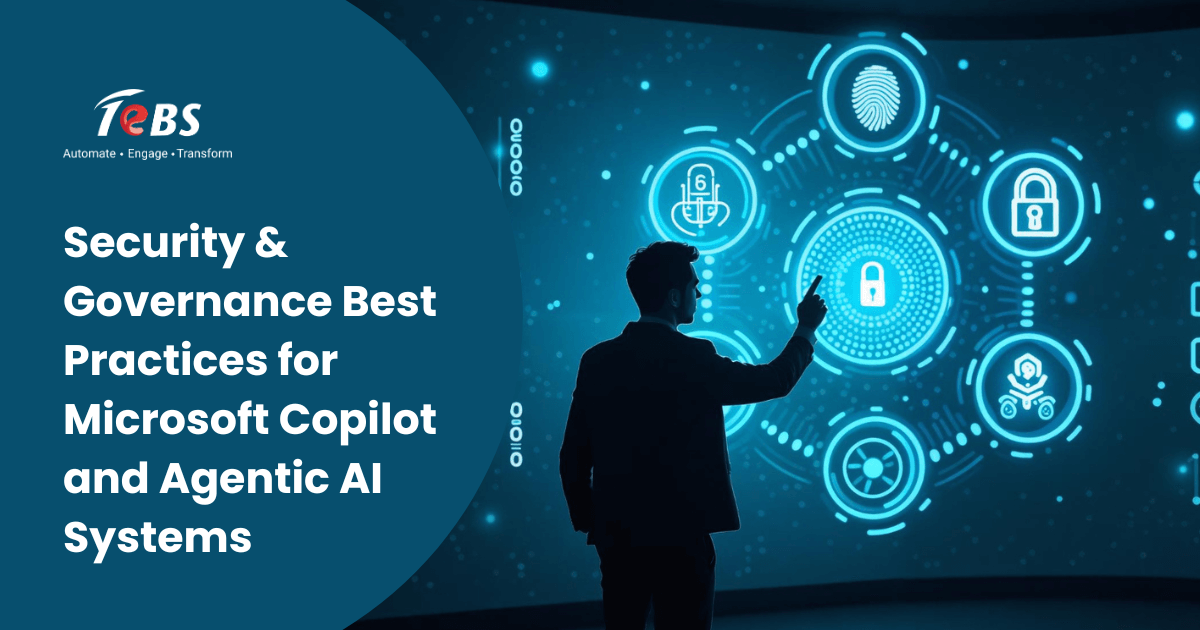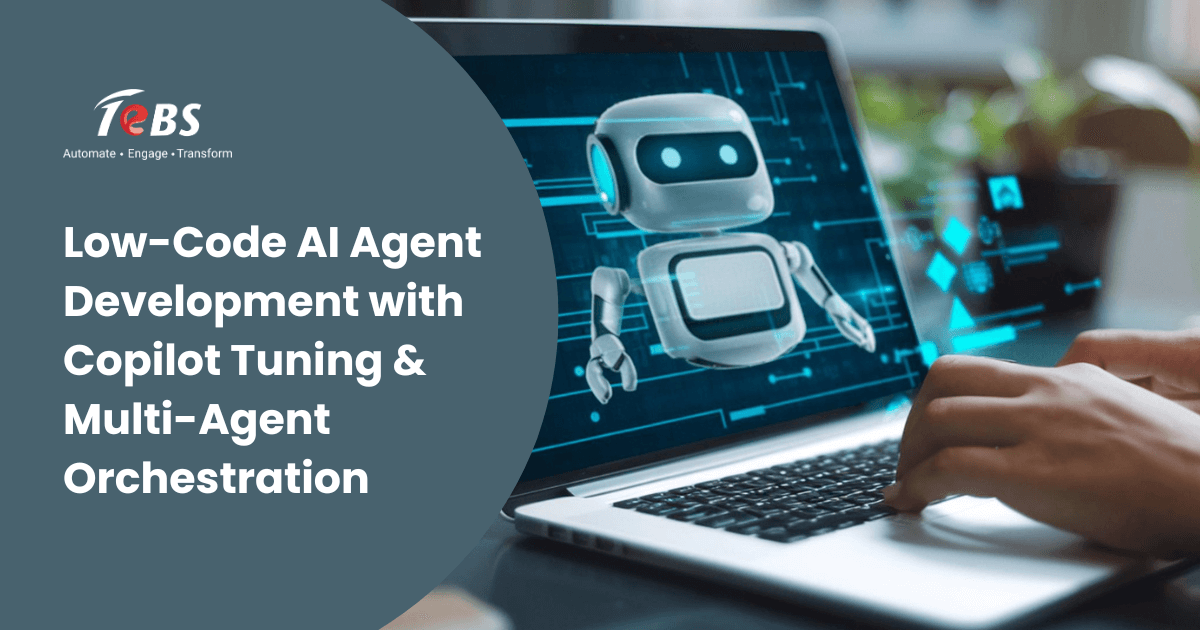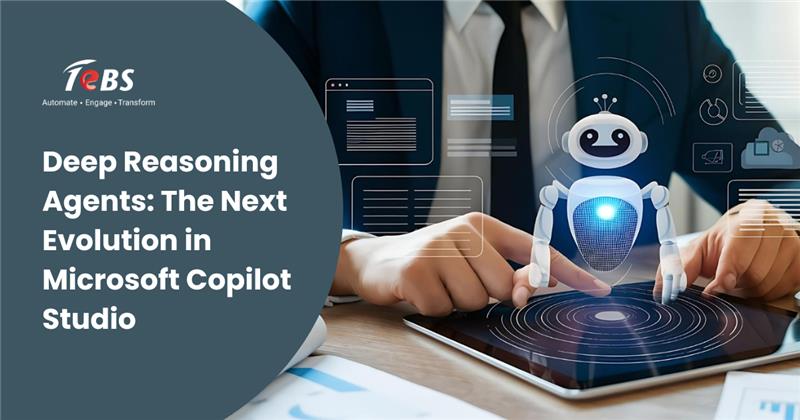In the nonprofit landscape, one of the most critical success factors is the ability to understand and engage donors effectively.
Traditional methods often fall short in providing the kind of deep insights and real-time personalization that modern donors expect. That is where artificial intelligence steps in as a powerful enabler.
AI brings the power of prediction and personalization, allowing nonprofit organizations to create more meaningful connections, optimize engagement strategies, and ultimately boost donor retention and fundraising outcomes.
This shift from reactive to proactive donor engagement is not just a technological upgrade it is a transformation in how relationships are built and sustained.
At the heart of this transformation is the ability of AI to analyze vast amounts of data, identify behavioral patterns, and deliver tailored interactions that feel personal and timely.
Let us explore how AI achieves this and the benefits it brings to donor engagement strategies.
Understanding Donor Behavior with AI
Every interaction a donor has with an organization leaves a data trail. Whether it is website visits, email responses, donation frequency, social media engagement, or event participation, AI can process all of this information to build a comprehensive picture of each donor.
This allows organizations to go beyond surface-level metrics and understand the motivations, preferences, and potential of every supporter.
Machine learning algorithms can analyze historical data to identify patterns that human eyes might miss. For instance, AI can determine which donors are likely to lapse, who might respond to a specific type of campaign, or who is ready to upgrade their donation level.
These insights allow organizations to engage more strategically and resourcefully.
Predictive Analytics for Smarter Fundraising
One of the standout capabilities of AI is predictive analytics. By using past data to forecast future actions, organizations can prioritize efforts where they are most likely to succeed.
AI models can segment donors into categories such as likely to donate soon, at risk of disengaging, or most responsive to specific appeals.
This predictive power enables nonprofits to time their outreach effectively. For example, if a donor typically gives at the end of the year, AI can prompt personalized communications a few weeks earlier to encourage earlier engagement.
Similarly, if a donor is at risk of lapsing, AI can trigger timely interventions such as thank-you notes, impact stories, or exclusive content that reignites their interest.
Predictive insights also support campaign design. AI can recommend the best communication channels, message formats, and even optimal send times based on individual donor behavior.
This ensures that outreach is not only relevant but also arrives when the donor is most likely to engage.
Personalization at Scale
Personalization is no longer optional in donor communication. Donors expect to be recognized and engaged in a manner that reflects their relationship with the organization.
AI makes it possible to deliver this level of personalization even at large scales.
Natural language processing and sentiment analysis allow AI to craft messages that match the tone and emotion best suited to each donor segment.
Dynamic content generation tools can personalize email subject lines, donation appeals, event invitations, and thank-you messages based on individual donor profiles.
This ensures that each touchpoint resonates more deeply with the recipient.
AI-driven personalization also extends to content recommendations. Based on a donor’s past interactions, AI can suggest relevant blog posts, impact reports, volunteering opportunities, or upcoming events.
By aligning the right content with the right audience, organizations can nurture deeper connections and inspire sustained support.
Optimizing Donor Journeys
AI helps map the entire donor journey, identifying key moments that influence long-term engagement. From the first point of contact to repeat giving, AI tracks donor interactions to understand what drives satisfaction and loyalty.
With this information, organizations can optimize the donor experience at every stage.
For instance, AI can help design onboarding journeys for new donors, ensuring they receive a sequence of communications that educates them about the cause, builds trust, and encourages their first gift.
For existing donors, AI can trigger milestone celebrations, giving anniversaries, or cause-specific updates that reinforce their sense of belonging and impact.
This journey-based approach also improves donor retention. By addressing pain points and reinforcing positive experiences, AI helps maintain momentum and prevent disengagement.
Organizations can then shift from transactional interactions to long-term relationship building.
AI-Powered A/B Testing and Campaign Performance
In traditional marketing, A/B testing is used to understand what messages work best. AI takes this a step further with intelligent experimentation and real-time learning.
By running multiple variations of a message, subject line, or call to action, AI can instantly identify what performs best for different audience segments.
Moreover, AI can adapt campaigns midstream based on live performance data.
If a message is underperforming with a certain group, AI can pivot to a more effective variant, maximizing the impact of each outreach.
This level of agility ensures that donor communications remain relevant and optimized at all times.
Performance dashboards powered by AI provide deeper campaign insights, such as which messaging themes are resonating, which donor segments are engaging most, and what return on investment each campaign is generating.
These insights allow nonprofit teams to refine strategies continuously and make informed decisions.
Reducing Donor Churn
Donor attrition is a significant challenge for many nonprofits. AI addresses this by identifying early warning signs of disengagement and recommending proactive retention strategies.
For example, a drop in engagement with emails or reduced donation frequency can trigger automated actions such as personalized re-engagement emails, gratitude messages, or updates on how past contributions made an impact.
AI can also analyze donor feedback and sentiment to detect dissatisfaction or loss of interest. This helps teams intervene at the right time and with the right message.
In the long run, reducing donor churn translates to more stable funding and a more committed supporter base.
Leveraging AI for Donor Segmentation
Segmenting donors manually is time-consuming and often based on limited parameters.
AI automates and enhances this process by considering a wide array of factors such as demographics, donation behavior, engagement levels, communication preferences, and giving potential.
With smart segmentation, organizations can create targeted campaigns for different donor types such as first-time givers, major donors, lapsed supporters, or monthly contributors.
Each segment receives tailored messaging, appeals, and content that speak directly to their values and motivations.
Over time, AI continuously updates and refines these segments based on new data, ensuring that engagement strategies remain relevant and aligned with evolving donor profiles.
Integrating AI with Existing Systems
The value of AI increases when it is integrated with existing donor management systems, CRMs, and marketing platforms. This allows for seamless data flow, unified profiles, and coordinated engagement efforts.
AI tools can work within these ecosystems to suggest next best actions, automate repetitive tasks, and provide alerts to fundraising teams.
For example, if a donor has interacted with a recent campaign but has not converted, AI can recommend a personalized follow-up message or a call from a relationship manager.
By streamlining operations and enhancing human decision-making, AI empowers teams to focus on building relationships rather than managing data.
Ethical Use of AI in Donor Engagement
As with any powerful technology, using AI responsibly is essential. Organizations must ensure transparency, data privacy, and inclusivity in their AI strategies.
Donors should feel that their data is used to enhance their experience and not to manipulate or invade their privacy.
Nonprofits should establish clear policies around data usage, provide opt-out options, and explain how AI is used to improve engagement.
By being transparent and respectful, organizations can build trust while leveraging the benefits of AI.
Future of Donor Engagement with AI
As AI continues to evolve, its capabilities in donor engagement will only expand. We can expect more advanced conversational AI, predictive behavioral models, voice assistants, and virtual event companions that guide donors in real time.
These innovations will make donor experiences more immersive, responsive, and satisfying. Organizations that adopt AI early will be better positioned to adapt to changing donor expectations and stand out in a crowded nonprofit landscape.
Aligning Technology with Purpose
While AI brings technological sophistication, its real value lies in how it serves the mission. When applied thoughtfully, AI can help nonprofits focus more on their core purpose making a difference.
By automating the repetitive and analyzing the complex, AI frees up time and resources to focus on building authentic relationships, sharing powerful stories, and creating real-world impact.
This purpose-driven use of AI is at the heart of modern donor management platforms that offer intelligent tools without losing the human touch.
Solutions like these enable nonprofits to do more with less, while still putting the donor at the center of every interaction.
Empowering Your Donor Engagement Strategy
Organizations today are reimagining how they connect with donors. AI makes it possible to predict behavior, personalize outreach, and guide each donor along a journey of lasting involvement.
The ability to anticipate needs, deliver value, and deepen relationships gives nonprofits a competitive edge in a fast-changing world.
As nonprofits continue to navigate increasing donor expectations and rising operational complexity, platforms designed with intelligent donor engagement at the core become critical.
A solution that unifies AI, AI automation, and donor experience helps nonprofits move from manual processes to smart engagement strategies.
One such offering combines these capabilities into a single, intuitive solution designed to help nonprofits modernize how they engage and retain supporters.
While every organization’s needs are unique, platforms that offer AI-powered personalization, predictive insights, and donor lifecycle management are becoming essential to growth.
If you are ready to explore how AI can transform your donor engagement strategy and build stronger, data-driven relationships, reach out to us at [email protected].
We are here to help you unlock the full potential of intelligent donor management and guide your organization toward lasting success.

